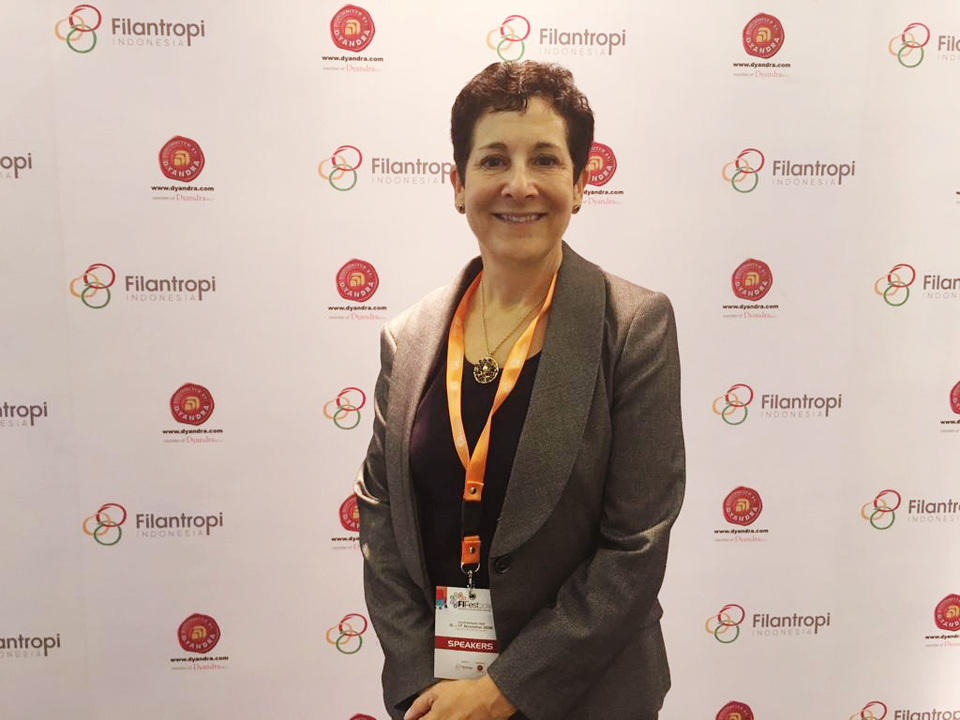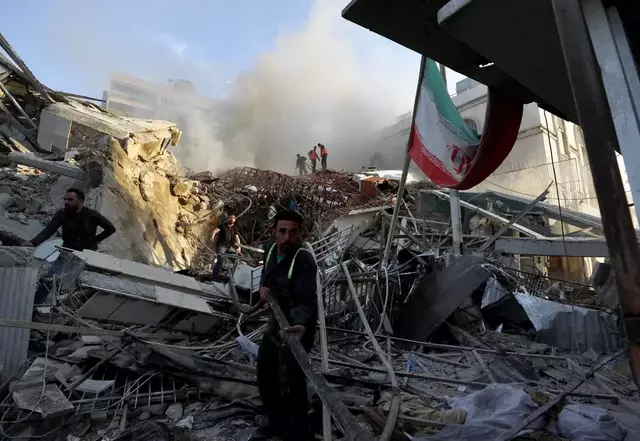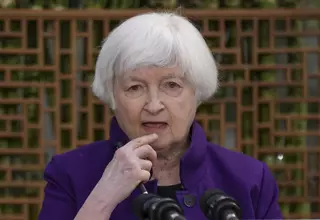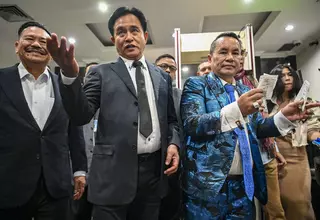Indonesia, Myanmar Worst at Providing Good Environment for Philanthropy: Study

Jakarta. Indonesia and Myanmar are considered the worst at catalyzing philanthropic activities and promoting the development of social delivery organizations, according to a study by the Hong Kong-based Centre for Asian Philanthropy and Society, or CAPS.
The nonprofit organization works to increase the quality and quantity of philanthropy in 15 Asian countries by helping to improve governance and aiding the efficacy of philanthropists and social delivery organizations working on education, health, the environment and poverty alleviation.
Both Southeast Asian nations are "not doing enough," or the most left behind, in creating an environment that promotes philanthropic activities, according to CAPS's Doing Good Index, which examines fiscal, cultural and social incentives to donate to charitable causes.
Countries are grouped into four clusters, with the best performers (Japan, Singapore and Taiwan) in the "Doing Well" cluster, the second-best performers (Hong Kong, Korea, Malaysia, the Philippines, Sri Lanka, Thailand and Vietnam) in the "Doing Better" cluster and the third-best performers (China, India and Pakistan) in the "Doing Okay" cluster.
Countries are categorized based on whether their fiscal and regulatory policies and cultural and social environments enable, or impede private social investments, including donations, charity and philanthropic activities.
CAPS also examines whether so-called social delivery organizations, including nongovernment organizations, foundations and charity organizations, can access funds from philanthropists or donors and ultimately deliver the money to address societal needs.
"This is a study, first of its kind in the world, that looks at the factors that either enable or impede private social investment," said Ruth Shapiro, founder and chief executive of CAPS.
CAPS released its inaugural Doing Good Index in January this year and plans to issue a new report every two years.
However, Shapiro emphasized that none of the 15 countries surveyed had reached their maximum potential.
"This scale is up to five; no country passes a four. So even the countries that do well, could do better," she said.
Double Whammy for Philanthropists
The study analyzes regulations to determine whether governments make it easier for charity organizations to set up as legal entities.Shapiro said tax policies are another important factor in the equation.
"It's a double whammy, right? You're giving your money away and you get taxed... Indonesia does not have tax-exempt organizations, so nonprofits have to pay taxes in this country. It's not very helpful," said Shapiro, who is the editor of "The Real Problem Solvers," a book about social entrepreneurship in the United States.
"And then you have to raise even more money so you can pay the government," she said. "The government doesn't give any kind of incentives to do the right thing."
Is Indonesia Still the Most Generous Nation?
In contrast to another recent study, the two worst performers in the Doing Good Index are the top two in the World Giving Index, compiled by the Charities Aid Foundation, which measures the generosity of 146 countries, which have a combined population of around 5.2 billion.Shapiro explained the difference between the two indices. "This is because the three questions included in the World Giving Index emulated Indonesians as a whole: 'Have you given money to a stranger in the past month? Have you helped a stranger in the past month? Have you volunteered your time in the past month?'"
The Doing Good Index survey consisted of 150 questions and the results were adjudicated by an expert panel and members of nonprofit organizations, she said.
Shapiro said the small amounts of money Indonesians generally give to local mosques, nongovernmental organizations or beggars on the street do not bring about systematic change.
"We think you need institutions, governments, structures to really bring about change. That's what our study looks at. That's the difference," she said.
Being generous may be a positive characteristic, but it does not benefit any stakeholders in the charity sector, she added.
Shapiro also pointed out that there was no correlation between a country's economic development and how it rates in the index.
Philanthropy is equivalent to 2 percent of gross domestic product in the United States, while it is not even 1 percent in Indonesia, according to Shapiro.
She said CAPS calculated through the Doing Good Index that if philanthropy in the 15 Asian countries also reached 2 percent of GDP, the value would be equivalent to $504 billion every year.
"It's a lot of money; it's 11 times the amount of foreign aid that comes into this region," Shapiro said.
Less Government Support in Indonesia, but It Doesn't Matter
The CAPS study also found that 66 percent of NGOs in Indonesia get funding from foreign sources, compared to an average of 45 percent in Asia as a whole. Only 10 percent of NGOs in the archipelago receive state support, either through grants or contracts.But despite the lack of good policies and tax benefits, Indonesians still volunteer, help and spread awareness of social entrepreneurship.
"People are ready; they're doing things anyway. But they must fight against the system. Why? The government should want to make it as easy as possible to do good," Shapiro said.
Tags: Keywords:POPULAR READS
Nissan to Make Next-Generation EV Batteries by Early 2029
Solid-state batteries are widely seen as the next step for EVs.Airlangga Set to Extend Leadership in Golkar After Election Success
Under his leadership, Golkar rose to the second position in the legislative polls and successfully made Gibran the elected vice president.Yellen Says Iran's Actions Could Cause Global 'Economic Spillovers'
Iran's missile attack on Israel early Sunday came in response to what it says was an Israeli strike on Iran's consulate in Syria.Takeaways from Prabowo's Responses to Legal Motion Contesting His Election Win
Part of the argument addresses the claim that the candidacy of Gibran Rakabuming Raka, Prabowo’s running mate, is unlawful.Prabowo Camp Cites ‘Procedural Error’ in Legal Challenge by Rival Candidates
The Constitutional Court's main task is to address alleged discrepancies in vote tallies, which neither of the plaintiffs challenged.Popular Tag
Most Popular























